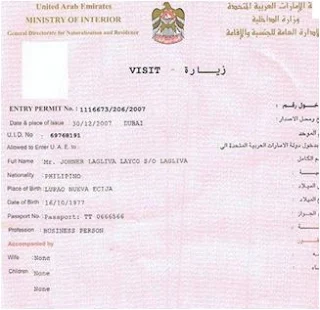Dubai: Tenants in Dubai can have an instant update on where they stand vis-à-vis the new rental decree by inputting their lease details into the ‘Rental Increase Calculator’ on the Dubai Land Department-operated portal. Doing so will let you know immediately whether you are liable to pay a higher rental during the lease renewal and how much landlords are eligible to demand as per the strict range set by the decree.
The average rentals for all the key residential neighbourhoods are provided, which will be updated to ensure they are in sync with the prevailing asking rates. It will also tell you that the landlord has no right to demand an increase in the current renewal if what you are paying now is within 10 per cent of the average rental for that area. What the decree does is lessen the imbalance in the tenant-landlord relationship, which in this market has historically weighed in favour of the latter.
“This decree will further boost the real estate sector by introducing great deal of transparency and clarity to the tenant-owner relationship which will pay off to all stakeholders involved,” said Tanzeel Gader, CEO of Flash Properties.
Also, just as important going forward, Dubai also does not want to be saddled with a reputation of being a costly place to do business from. The latest semi-annual report from CBRE places the emirate’s commercial realty as being the 23rd most expensive in the world.
AdTech Ad
If the increases continue, and it will as the buzz gets heavier with all the Expo 2020 preparatory works, Dubai wants to make sure that it will be confined to set ranges that can also be monitored. This is why the decree is as much about Dubai residential space as it will be about its expanding commercial realty.
The average rentals for all the key residential neighbourhoods are provided, which will be updated to ensure they are in sync with the prevailing asking rates. It will also tell you that the landlord has no right to demand an increase in the current renewal if what you are paying now is within 10 per cent of the average rental for that area. What the decree does is lessen the imbalance in the tenant-landlord relationship, which in this market has historically weighed in favour of the latter.
“This decree will further boost the real estate sector by introducing great deal of transparency and clarity to the tenant-owner relationship which will pay off to all stakeholders involved,” said Tanzeel Gader, CEO of Flash Properties.
Also, just as important going forward, Dubai also does not want to be saddled with a reputation of being a costly place to do business from. The latest semi-annual report from CBRE places the emirate’s commercial realty as being the 23rd most expensive in the world.
AdTech Ad
If the increases continue, and it will as the buzz gets heavier with all the Expo 2020 preparatory works, Dubai wants to make sure that it will be confined to set ranges that can also be monitored. This is why the decree is as much about Dubai residential space as it will be about its expanding commercial realty.
























